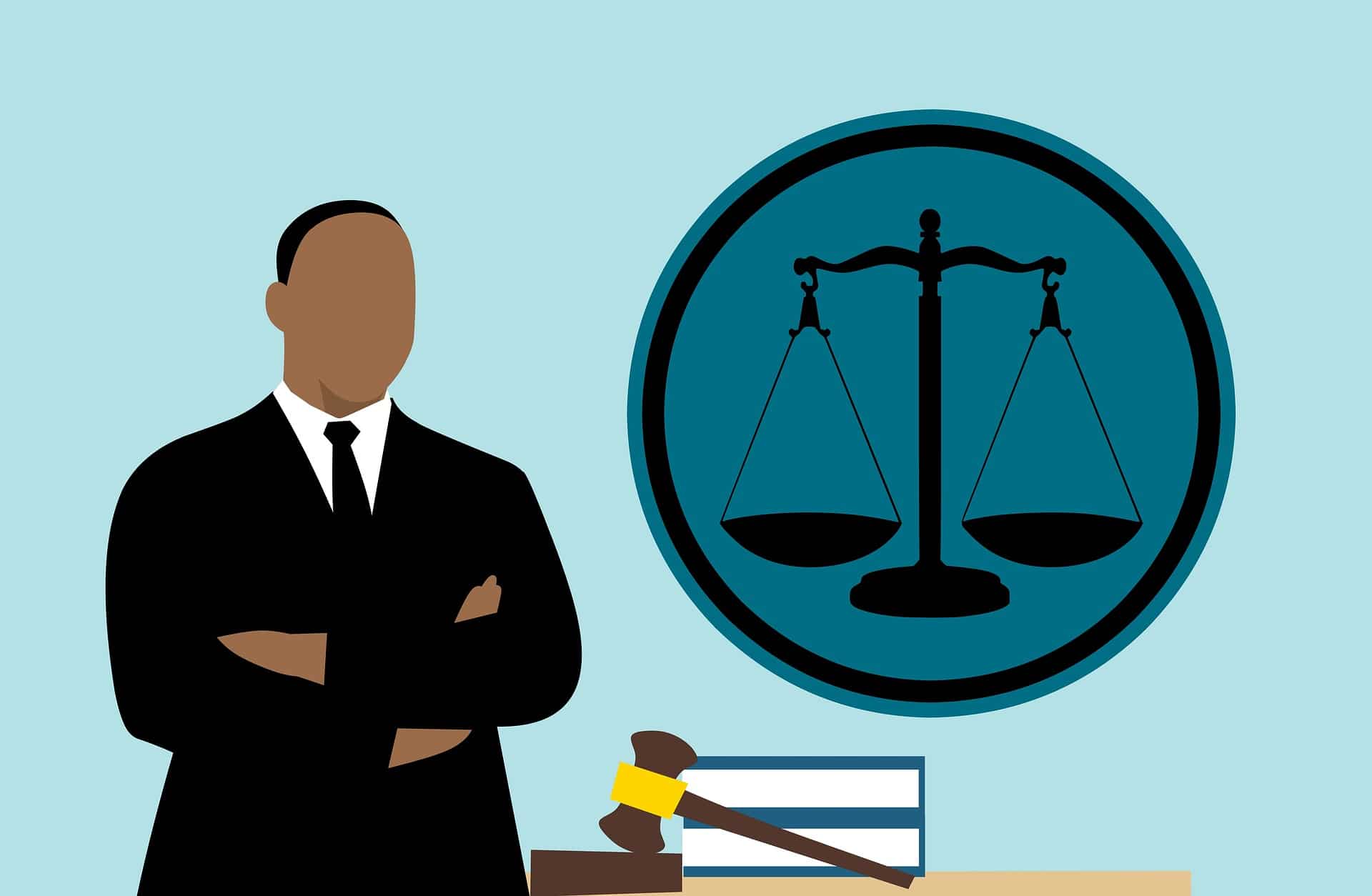Business Litigation: What are the types?

An action to resolve a dispute in your business involves a third party or a party within your business filing a complaint against you for a non-criminal reason against a court or administrative agency. There are many ways to bring a business lawsuit to court involving various legal issues and subjects. As a result, litigation law is a major reason business are brought to court in the first place. Due to the vast and intricate details, the lawyer must get involved; a business law litigation may take years to resolve.
Contractual Breach
Once both parties have signed and agreed on the terms and conditions of the contract, breaching the terms and conditions is a surefire way to start abusiness law litigation suit against a business. Both sides of a dispute may be able to claim compensation for losses incurred as a result of the breach.
Disputes between partners
If you started your business with someone else, they are partners in everything the business involves and how it runs daily. You will typically set your goals with your partners when you start this business. Still, disputes can arise, and this is where partnership disputes fall under the umbrella of litigation.
Issues relating to shareholders
Shareholder disputes occur when shareholders feel the company’s management does not protect their shares.

Breach of fiduciary duty
It is common for two parties to enter a legal relationship of trust regarding business affairs. One party will take on the responsibility to act in the best interests of the other. It could be between an employee and a company, a company and its shareholders, a partnership between two parties, or a major shareholder with a minor shareholder.
Fraudulent activity
As a deceptive action, fraud involves obtaining unlawful gain for the party committing it. Fraud occurs when false facts are presented to gain access to something that would not otherwise be available. As a matter of business law, it falls under several different categories and can be committed by both parties or one.
Disputes in the workplace
Disputes between employees of your business for personal reasons are also common litigation. This is where an employee of your company files an employment claim against you.
Workplace injuries
There are many places in the workplace where personal injuries can occur, and a lawsuit can be filed very quickly if the victim feels negligence on the part of the company should be pursued. There are several reasons why people may be injured by your product, such as an accident in a warehouse or another environment or an accident because it is not properly placed, such as a wire that is not placed correctly in a walkway.

